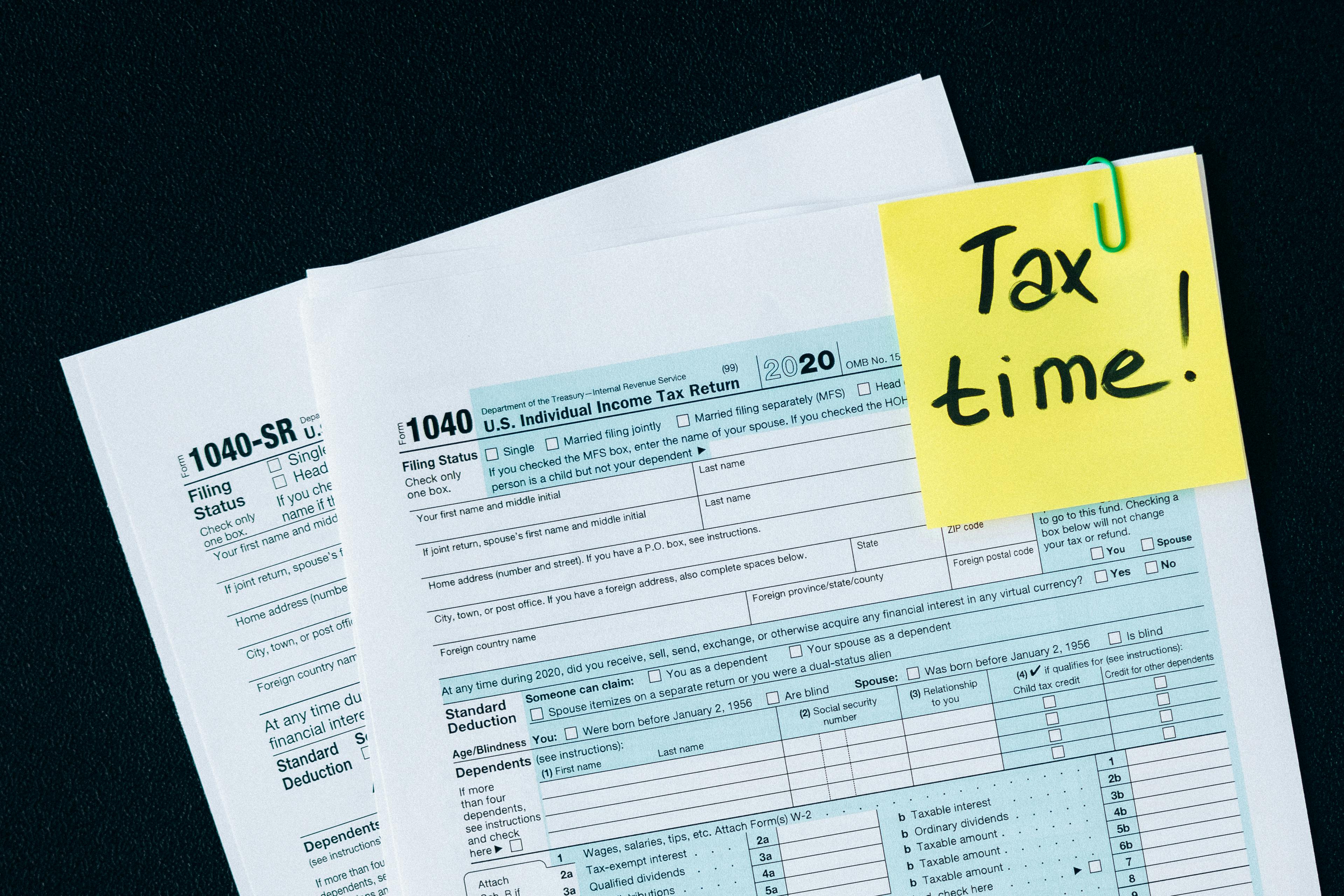Introduction
As the 2025 tax season begins, cryptocurrency holders must calculate their gains, losses, and tax liabilities for the year. Under current tax laws, even small transactions using crypto—such as purchasing a cup of coffee—can trigger capital gains or losses, requiring tax reporting.
To address these tax burdens, lawmakers have proposed the Virtual Currency Tax Fairness Act, which could provide relief for certain crypto users. This article explores what the bill entails and its potential impact on cryptocurrency taxation.
What Is the Virtual Currency Tax Fairness Act?
The Virtual Currency Tax Fairness Act is a bipartisan legislative proposal aimed at simplifying tax reporting for cryptocurrency users.
Key Provisions of the Bill:
Excludes minor crypto transactions from capital gains tax if the gain is under $200.
Amends the IRS tax code to ease tax burdens on everyday crypto spending.
Reduces reporting requirements for individuals making small crypto purchases.
Currently, every time crypto is spent or exchanged, it is considered a taxable event, requiring users to calculate and report capital gains or losses. If passed, the $200 exemption would eliminate this requirement for small transactions, making crypto use more practical for daily spending.
How Will This Bill Help Crypto Users?
The Virtual Currency Tax Fairness Act primarily benefits individuals who use cryptocurrency for everyday purchases, rather than long-term investors or traders.
Who Benefits?
Crypto users making small purchases (e.g., buying coffee, meals, or online goods).
Individuals using crypto as a medium of exchange, rather than just an investment.
Businesses accepting crypto payments, as it reduces the tax complexity for customers.
Who May Not Benefit?
Active traders and large investors who frequently buy and sell crypto.
Individuals with gains exceeding $200 per transaction, as they would still be required to report capital gains.
Limitations of the Virtual Currency Tax Fairness Act
While this bill offers tax relief for small transactions, there are limitations to consider:
The $200 Threshold Is Relatively Low
Some advocates argue that the exemption amount should be increased to better accommodate real-world transactions.
Does Not Eliminate Capital Gains Tax on Larger Transactions
Any transaction exceeding a $200 gain would still trigger capital gains tax reporting.
No Impact on Crypto Investors Holding for Long-Term Gains
Investors who buy, hold, and sell later will still be subject to capital gains tax upon disposal.
Will the Bill Pass?
The Virtual Currency Tax Fairness Act has been introduced in previous legislative sessions, but it has not yet been enacted into law. Supporters believe the increasing adoption of cryptocurrency may push lawmakers to consider more tax-friendly regulations.
If passed, the bill would make everyday crypto spending more accessible while reducing compliance burdens for taxpayers.
Conclusion
The Virtual Currency Tax Fairness Act represents an effort to simplify tax reporting for cryptocurrency users, particularly those making small transactions. While the proposed $200 exemption would help casual users, it does not eliminate capital gains tax for larger transactions or long-term investments.
Block3 Finance provides expert guidance on crypto taxation, IRS compliance, and strategic tax planning. Stay informed and ensure your crypto tax strategy aligns with the latest regulations.
If you have any questions or require further assistance, our team at Block3 Finance can help you.
Please contact us by email at inquiry@block3finance.com or by phone at 1-877-804-1888 to schedule a FREE initial consultation appointment.
You may also visit our website (www.block3finance.com) to learn more about the range of crypto services we offer to startups, DAOs, and established businesses.
